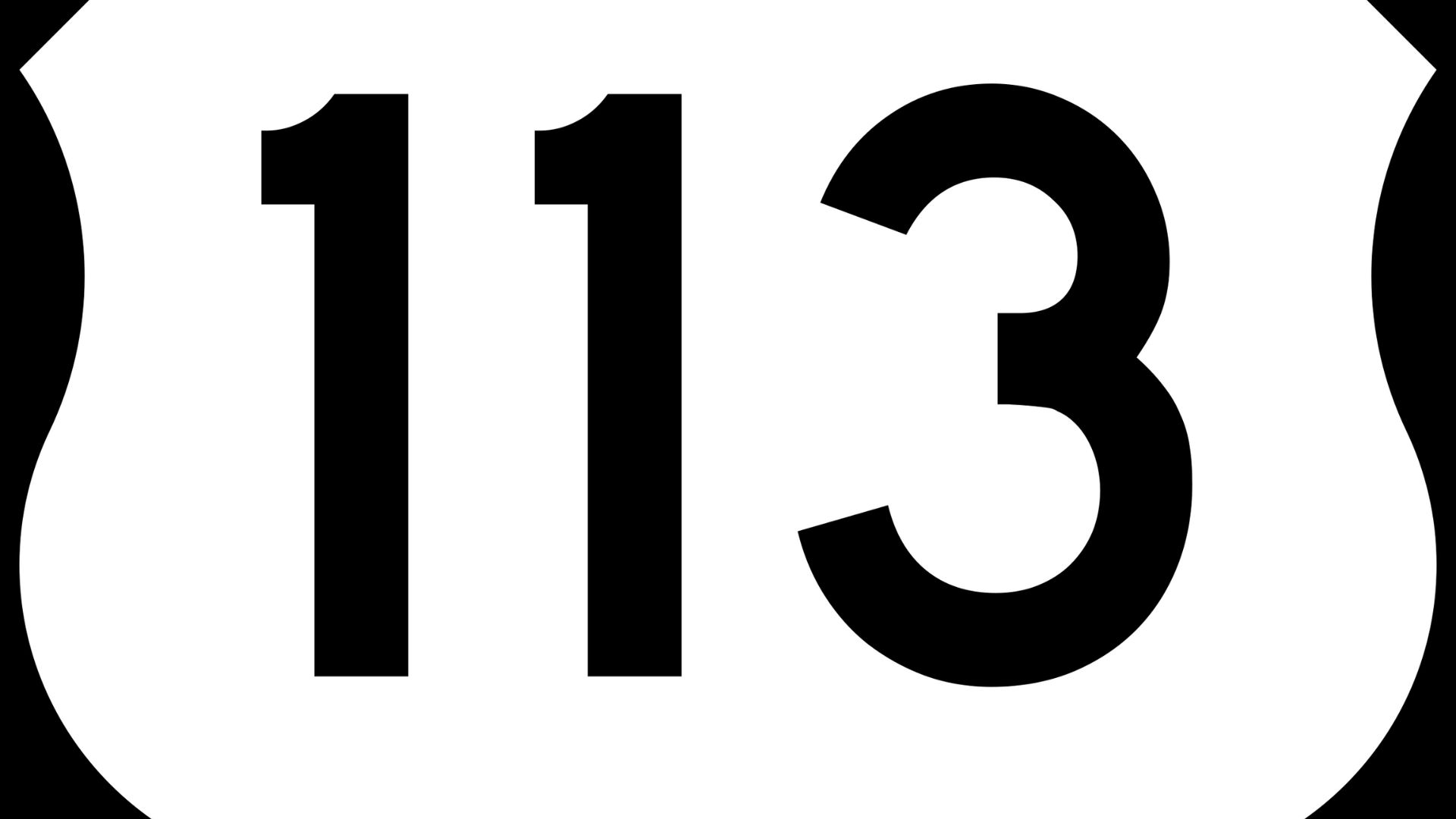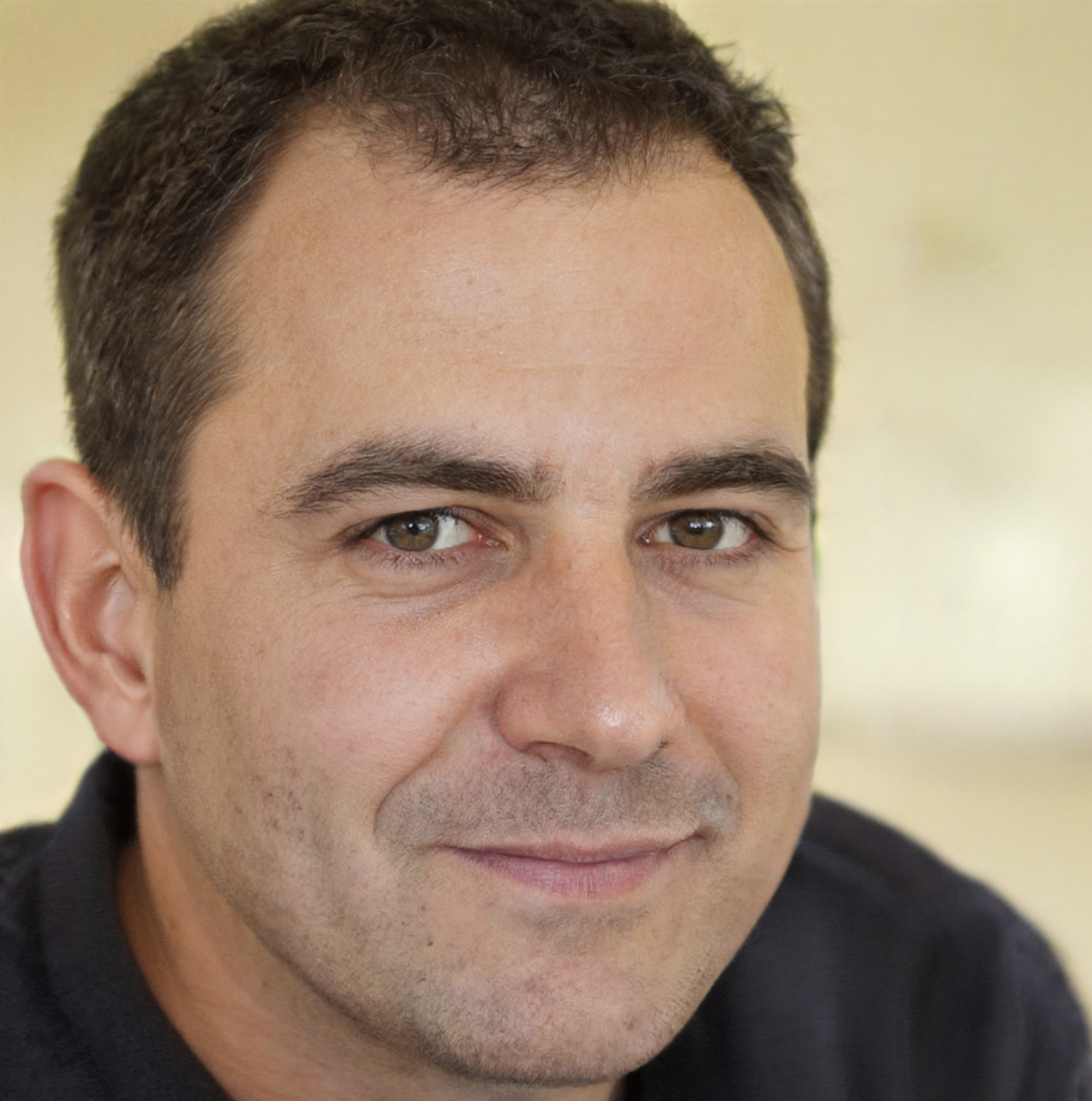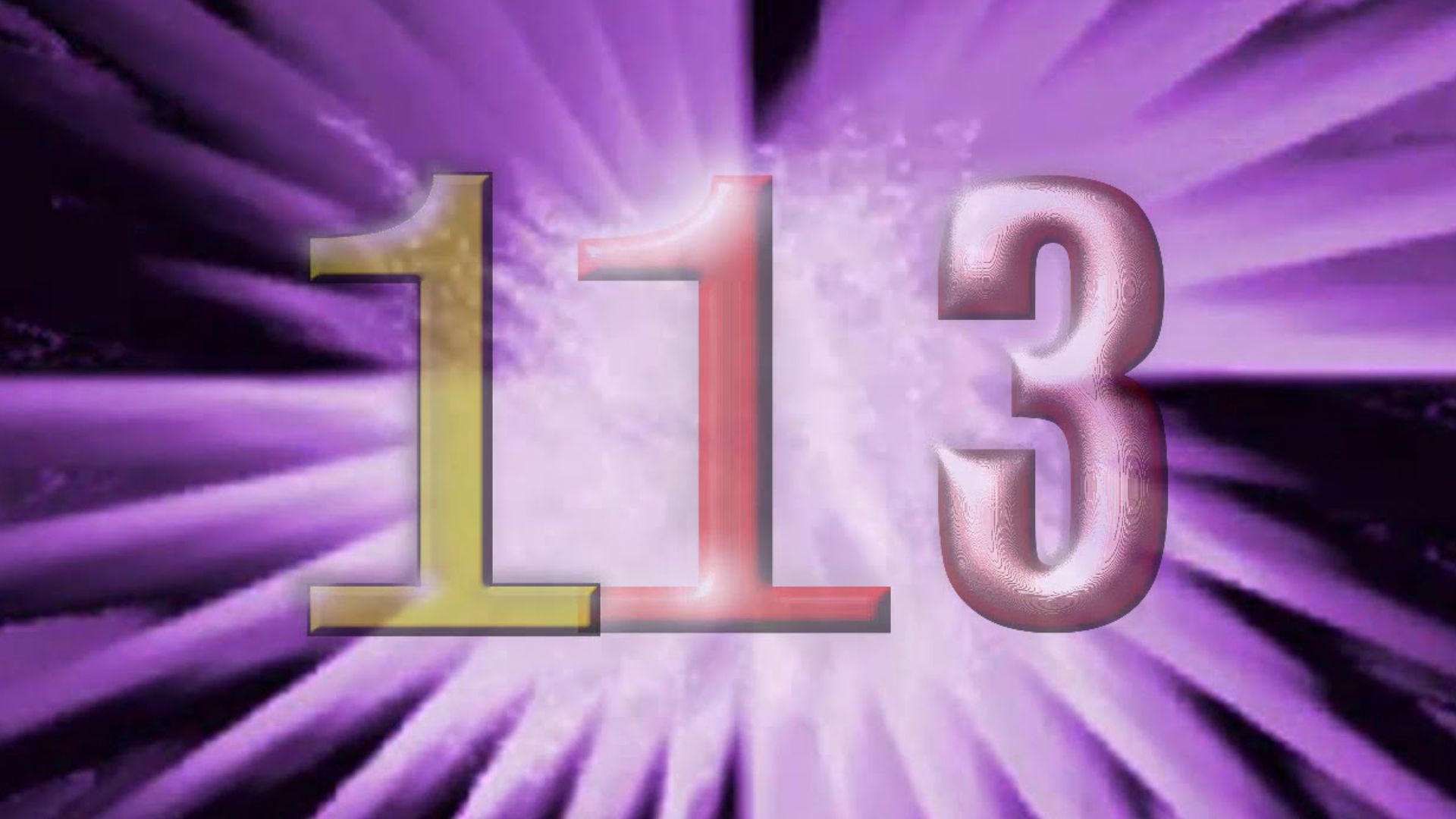Is 113 A Lucky Number According To Cultural Beliefs?
One number that has garnered attention in recent years is 113. But is 113 a lucky number, or is it just another number with no special significance?
Author:Mia ThompsonReviewer:Matteo CaravetaDec 28, 202318.9K Shares310.8K Views

Many people believe in lucky numbers, whether it's a specific date, a set of numbers with personal significance, or even just a number that seems to appear frequently in their lives.
One number that has garnered attention in recent years is 113. But is 113 a lucky number, or is it just another number with no special significance?
The Significance Of Numbers In Different Cultures
Numbers have played an essential role in various cultures thThis significance of numbers varies across cultures and is often rooted in historical, religious, or cultural traditions.
In some cultures, numbers have been associated with mystical or divine powers. For example, in ancient Egyptian culture, the number 3 represented the concept of completeness, as it was believed that there were three main stages in life birth, life, and death.
Similarly, in many ancient cultures, the number 7 was considered sacred, as it was believed to represent perfection or completeness. In Hinduism, the number 108 is considered sacred and is often used in prayers and rituals.
In many cultures, numbers have also been associated with good luck or bad luck. For example, the number 8 is considered lucky in many Asian cultures, particularly in China, as it is pronounced similarly to the word for "prosperity" or "wealth."
Conversely, the number 4 is considered unlucky in many Asian cultures, particularly in Japan and China, as it is pronounced similarly to the word for "death."
Similarly, in Western culture, the number 13 is often considered unlucky. This belief dates back to the Last Supper, where it is believed that Judas, the disciple who betrayed Jesus, was the thirteenth person to sit at the table.
In many Western cultures, hotels and other buildings often skip the thirteenth floor, and some people even avoid scheduling important events on the 13th of the month.
Numbers also play a crucial role in various religious practices. For example, in Christianity, the number 12 represents the 12 apostles, while in Islam, the number 5 represents the five pillars of Islam. In Buddhism, the number 8 represents the Eightfold Path, while in Judaism, the number 10 represents the Ten Commandments.
The significance of numbers in different cultures is complex and multifaceted, often rooted in historical, religious, or cultural traditions.
Whether viewed as mystical, lucky, or practical, numbers have played an essential role in shaping human culture and society throughout history.
The History And Symbolism Of 113
The number 113 is a three-digit number that has appeared throughout history in various contexts and has been attributed to various symbolic meanings.
From a historical perspective, 113 is a prime number, which means it can only be divided by 1 and itself.
This property has made it interesting to mathematicians and scientists throughout the ages. In addition, it has been noted that 113 is the 30th prime number, with 30 being a highly symbolic number in many cultures.
For example, the ancient Egyptians had 30 gods in their pantheon, and in numerology, 30 is believed to represent creativity, communication, and self-expression.
In addition to its mathematical properties, 113 has also been imbued with symbolic meanings in various cultures and belief systems.
For example, in the Kabbalah, a Jewish mystical tradition, the number 113 is associated with the divine name "El" and is considered a powerful tool for meditation and spiritual connection.
In some interpretations of Islamic numerology, the number 113 is associated with the word "Allah" and is considered a symbol of divine protection.
In Chinese numerology, 113 is a combination of the numbers 1 and 3, which are considered highly auspicious.
The number 1 represents unity and new beginnings, while the number 3 represents creativity, growth, and expansion. Together, these numbers are believed to bring good luck and prosperity.
In Western numerology, 113 is sometimes reduced to a single digit by adding its individual digits together (1+1+3=5). The number 5 is associated with adventure, freedom, and change, and is often seen as a symbol of personal growth and evolution.
Overall, the history and symbolism of 113 are complex and multifaceted, reflecting the diverse ways in which numbers have been interpreted and used throughout human history.
Whether viewed as a prime number, a powerful spiritual symbol, or a source of good fortune and growth,
113 remains an intriguing and enigmatic number that continues to captivate and inspire people across cultures and time periods.
Is 113 A Lucky Number - Science Of Luck And Superstition
Luck and superstition have been a part of human culture since ancient times. Luck refers to an unpredictable and seemingly random force that affects our lives, whether positively or negatively.
Superstition is a belief or practice that is not based on scientific reasoning, but rather on cultural traditions or personal experience.
The concept of luck has been studied by scientists, who have found that it is largely a matter of perception.
People who believe they are lucky tend to have a more positive outlook on life and may be more likely to take risks and seize opportunities.
Conversely, those who believe they are unlucky may be more pessimistic and hesitant to take chances.
For example, people who are more outgoing and social tend to have more opportunities to meet new people and pursue new experiences, which can increase their chances of experiencing positive events.
Similarly, people who live in areas with more resources and opportunities may be more likely to experience good fortune than those in less affluent areas.
Studies have also examined the concept of "lucky thinking" or "magical thinking," which refers to the belief that one's thoughts or actions can influence future events.
For example, someone might believe that wearing a lucky shirt will help them perform better in a job interview or that a particular ritual will bring them good luck.
While there is no scientific evidence to support these beliefs, they may still have a positive effect on a person's mindset and confidence.
Luck and superstition are complex concepts that have been a part of human culture for centuries.
While there is no scientific evidence to support the idea that luck or superstitions have a direct impact on our lives, they may have an indirect effect by influencing our mindset, behavior, and sense of community.
Understanding the role of luck and superstition in our lives can help us to make informed decisions and cultivate a positive and proactive approach to achieving success.

What's Your Lucky Number According To Your Birth Date And How It Affects Your Life!
Is 113 A Lucky Number - The Power Of Numerology
Numerology is a belief system that assigns meaning to numbers and their relationships with people's lives. It suggests that each number has a specific vibrational frequency that influences the events and circumstances in our lives.
According to numerology, the numbers that make up our birth date and name hold powerful insights into our personality, life path, and destiny.
Numerology can be traced back to ancient civilizations, such as the Babylonians and Egyptians, who used numerology to predict future events and interpret dreams.
Today, numerology has evolved into a modern-day tool for self-discovery and spiritual growth.
One of the key principles of numerology is that each number has a unique energy vibration that corresponds to a specific aspect of our lives.
For example, the number 1 represents new beginnings and independence, while the number 2 represents partnership and balance.
By analyzing the numbers that appear in our birth chart, numerologists can gain insights into our strengths, weaknesses, and life path.
Numerology can also help us understand the underlying patterns and cycles in our lives. For example, if you repeatedly see the number 11, it may be a signthat you are entering a period of spiritual awakeningor personal transformation.
Likewise, if you consistently see the number 3, it may be a sign that you need to express yourself more creatively or communicate more effectively with others.
In addition to personal insights, numerology can also be used to make important life decisions, such as choosing a career or starting a business.
By analyzing the numbers associated with a particular path, numerologists can offer guidance and support in making informed decisions.
While numerology can offer powerful insights and guidance, it is important to remember that it is not a replacement for critical thinking or personal agency.
Ultimately, we are the creators of our own destiny, and numerology is simply one tool that can help us navigate the complexities of life.
Is 113 A Lucky Number? - FAQs
What Is The Significance Of The Number 113?
113 is considered lucky in some cultures and traditions, while in others it is seen as an unlucky number.
Why Is 113 A Lucky Number In China?
In Chinese culture, 113 sounds like the phrase "a lifetime of prosperity," making it a lucky number.
Is 113 A Prime Number?
Yes, 113 is a prime number as it can only be divided by 1 and itself.
What Is The Biblical Meaning Of The Number 113?
There is no specific biblical meaning associated with the number 113.
What Is The Angel Number 113?
According to some numerology beliefs, 113 represents new beginnings and spiritual growth.
Conclusion
In the end, whether not or is 113 a lucky number depends largely on personal belief and experience.
Some people may find that it appears frequently in their lives and brings them good luck, while others may have no particular connection to it.
While the number 113 does have some interesting historical and symbolic meanings, it is unlikely to have any kind of universal significance as a lucky number.
Ultimately, whether or not you believe in lucky numbers is a matter of personal choice, and there is no right or wrong answer.

Mia Thompson
Author
Mia Thompson is a versatile writer at Kansas Press, delving into a range of topics including news, spiritual exploration, astrology, and numerology. With a passion for delivering insightful and informative content, Mia's articles provide readers with valuable perspectives and thought-provoking insights into these intriguing subjects.
She is dedicated to creating content that resonates with readers and fosters a deeper understanding of complex topics.

Matteo Caraveta
Reviewer
In the heart of Rome, Matteo Caraveta was born under the influence of the number 9, a symbol of universal love and completion. His path into numerology was illuminated during a life-changing encounter on his 21st birthday, a date that numerologically signifies the beginning of a new cycle, under the mystical skies of Sedona, Arizona. This experience, marked by the convergence of powerful numerical energies, reshaped his destiny.
Matteo's numerology practice is enriched with the vibrational essence of numbers, particularly the harmonious number 2, symbolizing balance and partnership, which guides his consultations. His most profound moment came when he used the energy of number 5, the emblem of dynamic change, to navigate a client through a tumultuous career shift, leading them to a path filled with purpose and prosperity.
Now, Matteo Caraveta stands as a beacon of light in the numerical maze, guiding souls with the wisdom of numbers, where every consultation is a step towards understanding the universe's grand design. His journey embodies the transformative power of numerology, making Matteo not just a numerologist, but a navigator of life's numerical currents.
Latest Articles
Popular Articles
